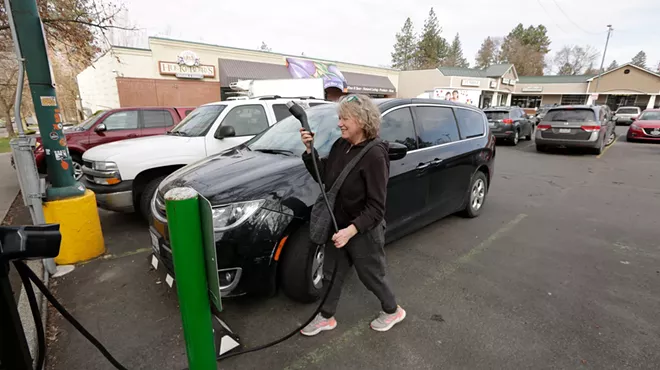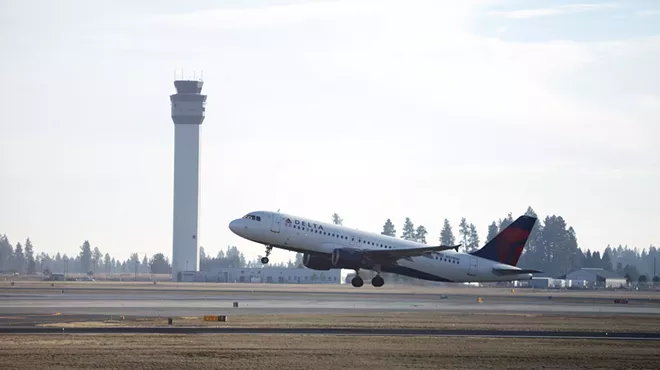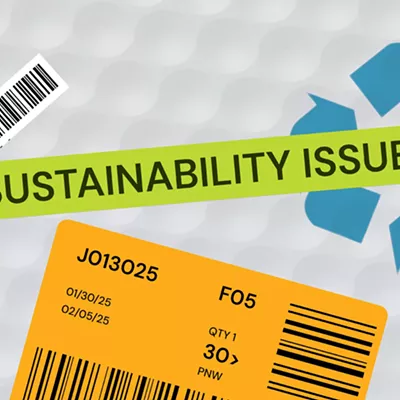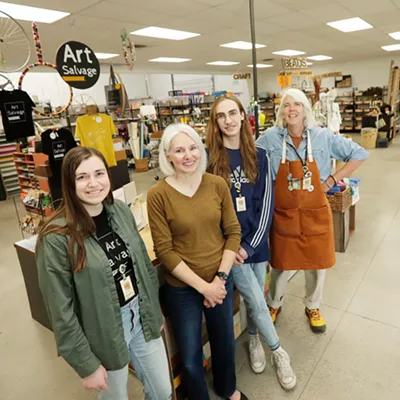Whenever new technology or policy comes along in hopes of cleaning up the environment, Americans tend to meet the news with more than a healthy level of skepticism. Will spending more on my new heater even help, or will I end up freezing during the winter? Are pricey electric vehicles good for anything other than in-city driving? Why should I cut out meat one day a week if it's only going to make a small dent in the methane-heavy food chain?
Not only do we answer those questions in the coming pages, but it helps to recall how far we've come as a country. By 1970, communities started to realize, boy, industrialization with little regulation has a high environmental cost. Cleveland's Cuyahoga River, regularly covered in oil slicks, had literally caught on fire several times throughout the late 19th and early 20th centuries. The 1969 Cuyahoga fire prompted Congress to create the Environmental Protection Agency in 1970, and Earth Day was started months later. The same year, the Clean Air Act gave the EPA power to regulate pollutants pumped out by manufacturers and vehicles. The Clean Water Act of 1972 completely revamped the country's water regulations.
Since then, what's happened? Cities like Spokane saw smog all but disappear as new car emissions are now 99 percent cleaner than the polluting tailpipes of the 1970s. Communities stopped using rivers and bays as their municipal garbage dumps. The Silver Valley, once a barren wasteland of yellow hills after smelter fog acidified the ground and killed all the plants, is once again filled with lush green trees made possible by ongoing superfund cleanup. The U.S. saw its overall greenhouse gas emissions decrease 7 percent from 1990 to 2020, despite its population growing by 80 million people.
Still, there's more to be done. Plastic production continues to increase exponentially, despite the fact that little of it is ever recycled and it takes hundreds to thousands of years to decompose. Our addiction to cheap goods has driven a fast fashion industry that's creating mountains of discarded clothing around the world. And the majority of our emissions still come from transportation, even though e-bikes and transit can easily replace some of our trips in the car. Each of us can do better, and each tiny step in the right direction can translate to big changes if we work together.
— SAMANTHA WOHLFEIL
section editor
































